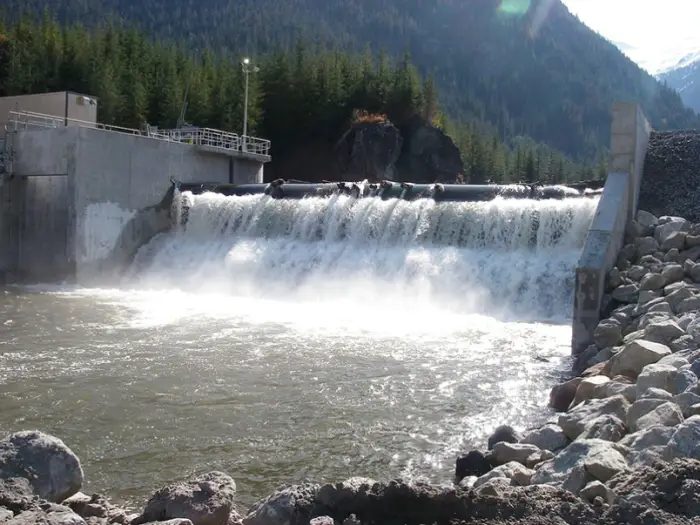Last week, the Environmental Protection Agency (EPA) concluded a meeting with Liberia residents of Grand Bassa and Bong Counties on the environmental and social impact of the construction of a 120MW Hydropower Dam.
It has been concluded that the dam, which is set to be constructed over St. John River, will negatively impact several communities, burial fields and crop fields.
The meeting, held in District # 3 C, Grand Bassa County on Thursday, April 6, 2016 on behalf of Chinese firm HydroChina, attracted representatives from the Ministry of Land, Mines and Energy, Liberia Maritime Authority, Forestry Development Authority, (FDA), Liberia Electricity Corporation (LEC), Bong and Grand Bassa Legislative Caucuses and local authorities, Front Page Africa reported.
P. Nanlee Johnson, Energy Analyst at the Ministry of Land Mines and Energy disclosed the reason behind the invitation of HydroChina by the Government of Liberia to work with Liberia Electricity Corporation (LEC) as developing of hydropower in an effort to increase power generation in the country.
According to him, the invitation was based on the National Electricity Law of 2015, which removed LEC’s monopoly over the energy sector, for its inability to provide a sufficient power supply.Johnson is optimistic that this project will help government achieve its 35% electricity access by 2030, as provided for in the country’s Energy Policy.
Assistant Manager of EPA’s Environmental and Social Impact Assessment (ESIA) Unit, Aloysius K. Kotee said that HydroChina has applied for a permit to construct and operate the dam in order to provide affordable and uninterrupted electricity for Bong, Grand Bassa and other areas in the country.
The Assessment was done on behalf of HydroChina by Natural Resources Development Corporation (NRDC.
According to EPA Deputy Executive Director General, Urias S. Goll, those affected during the construction phase will receive compensation for their damaged crops and resettlement. Furthermore Ceegar Town, Weagon Town, and Rufus Kamei Town would be evicted, while several crops would be destroyed in a bid to give way to the construction of the hydropower dam.
Upon completion, the dam, which would be bigger than the Mount Coffee Hydro Dam (88MW) will provide affordable and stable electricity to Bong, Grand Bassa and other counties in Liberia.

Leave a Reply